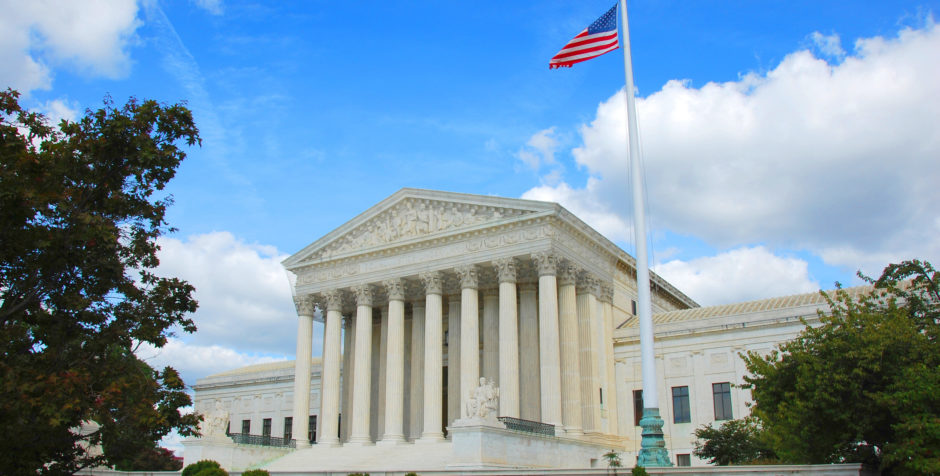Supreme Court Dismisses Executive Order Case; New Executive Order Issued
This week the United States Supreme Court dismissed Trump v. Hawaii, the second case the Court was considering to resolve a challenge to the temporary suspension of the entry of aliens and refugees into this country under the President’s National Security Executive Order.
The Court dismissed the case because the challenge to the Executive Order is now moot. The terms of the Executive Order have expired: (1) the paused entry into this country of nationals from the six countries of concern ended on September 24th; (2) the imposed refugee admission cap ended on September 30th; and (3) the global suspension of refugee admissions ended on October 24th.
Earlier this month, the Supreme Court also dismissed as moot Trump v. International Refugee Assistance Project, the other challenge to the Executive Order, for similar reasons.
With the dismissals of these two cases, this litigation at the Supreme Court against the National Security Executive Order has ended.
New litigation, however, has begun against the recent Presidential Proclamation, which President Trump issued at the end of September. The Proclamation begins enhanced vetting procedures of foreign nationals of eight countries of concern who seek entry into the United States.
The same federal judges in Hawaii and Maryland who enjoined the Executive Order have issued injunctions against the Proclamation. Those cases are now working their way through the appellate courts. The American Center for Law and Justice (ACLJ) is preparing a friend-of-the-court (amicus) brief in support of the Proclamation.
This week the President also issued a new Executive Order that resumes refugee admissions but with new screening and vetting procedures to detect those who might commit, aid, or support terrorism or otherwise pose a threat to our national security. It is likely the new Executive Order will also be the subject of litigation by those opposed to the President’s efforts to keep our country safe from the entry of foreign terrorists.
We will continue to keep you posted about these matters as well as about the other important work of the ACLJ.
